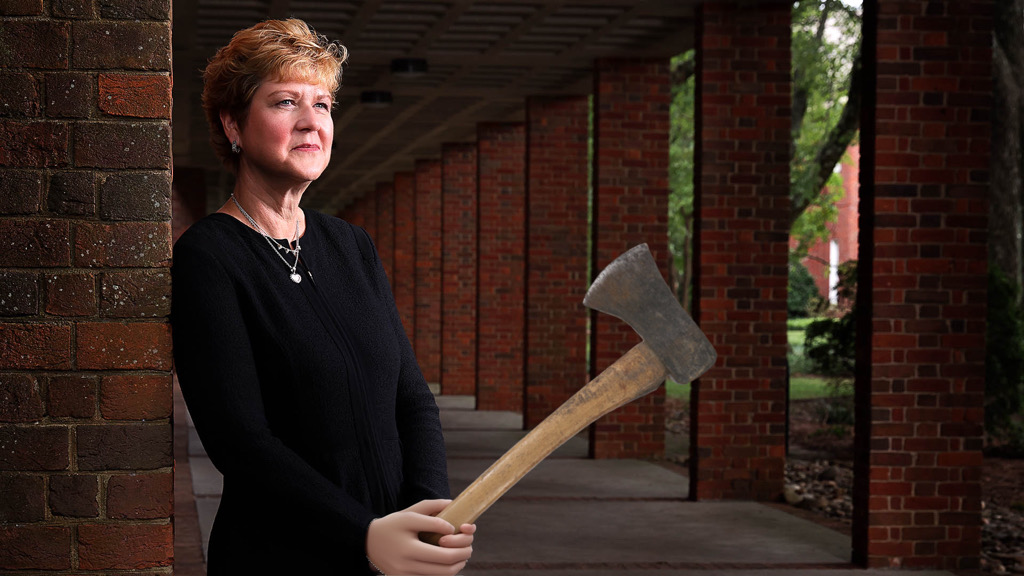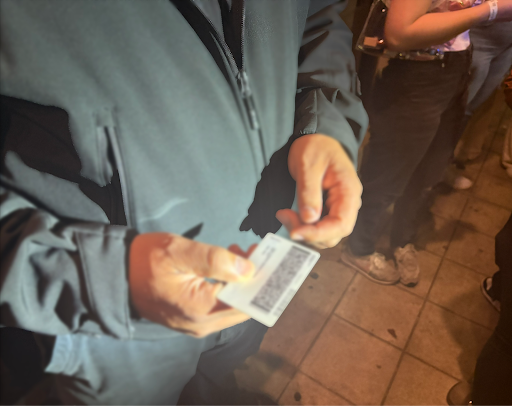By Carter Hunt, Staff Writer
Any time that I sit next to a stranger for an extended period of time, a sense of dread begins to fall over me. While I am typically a fairly avid conversationalist when it comes to meeting new people in new places, recently, whether I am taking a cab, riding next to someone on a train or sitting down for lunch, I feel an urge not to open my mouth and say hello. Why? Because the moment I open my mouth the person will pinpoint my nationality — American. Once they hear me speak, I can see their faces almost light up, because they want to know if I voted for Trump and what I think about him.
I have never been one to veer away from political discussions; even at their worst these conversations can be entertaining and sometimes enlightening. That being said, I do not think I would be breaking new ground to say that, in general, the ability of Americans to have a political discussion has been decreasing in the past few months, which has negatively affected people’s willingness to open up about their beliefs.
Disagree? That is your prerogative, but surely at some point over the holidays, whether it was with a friend or relative, you found yourself actively avoiding the Trump talk. Were you concerned, whichever side of the aisle you may fall on, that the person might have something intelligent to say that could radically change your viewpoint on an issue? I doubt it — more likely you saw such a conversation turning into a shouting match.
In America, people avoid the question “Who did you vote for?” Certainly, if we ask the question it is only to close friends or acquaintances. This semester however, I have found myself on the other side of the Atlantic in Edinburgh, the capital of Scotland. Here, I have found people have no problem at all asking whatever American they can find what they think about Trump.
The first time I was asked, I found the situation fairly novel and entertaining. While no part of me respects Donald Trump, I do respect the office, so I tried to give a decently dignified answer. I said something along the lines of “When you have two terrible candidates there is no winning, but I think Trump is a reminder that there were a large percentage of people who felt left behind under the Obama administration and this election was their response. Apparently he is decently intelligent so hopefully he will bring in some smart people to help guide him guide our country.”
Two things to note, the first being that this first response was given in early January, well before Trump took his oath and began replacing Obama’s executive orders with his own. The second is that my response was intended to show two things: I was doubtful but hopeful. I had no real problem with this response until I realized the interest people took in what I had to say.
Americans are not exactly a rare species in Scotland, but it soon became clear that most of the people I was speaking to about Trump had not come across many Americans since the election. I am a tiny sample speaking for a huge population. I am aware that they know I am just one person, but still, speaking about Trump is an incredibly daunting task when you feel as though you are not just speaking for yourself.
Without a doubt the easiest thing to do is to rip into our President. He is as deserving of insults as any other of our presidents and throwing a joke out is the quickest way to move past the conversation. Hating on Trump has turned into an international game. Once, on my way home from my internship, I found myself in the middle of an anti-Trump rally. Before I knew what was going on I was literally offered a sign to join in. It seemed like a great time, they seemed to be having a blast mocking “The Leader of the Free World” but I decided the rally was not for me.
It took me a while to realize why people here in Scotland enjoy talking about Trump so much — why there were so many anti-Trump rallies in a place where no one would take notice. Then I realized — Scotland loves Trump. No, not in the sense that they like anything about him, or even that they support him. Rather, they are feeling a bit relieved that he happened.
In the past three years, there have been three huge elections here in Scotland. In 2014, Scotland voted against independence from the United Kingdom, in 2015 Scotland voted for Parliament and in 2016 Scotland voted overwhelmingly against Brexit, unlike most of the UK. In all likelihood there will be another independence referendum in Scotland come 2018. The Scots are exhausted from politics. Brexit makes most people here incredibly frustrated, so Trump has been a nice break from their own political mess.
This does not change the fact that having to talk about Trump can get incredibly frustrating. What it does change is my perception. Instead of doing whatever I can to avoid Trump conversation, I can talk about him little more fearlessly. Politics will leave you feeling upset. That is not unique to America, it is true in Scotland, it is true across the globe and it is true across time. That shouldn’t make us afraid to talk about politics; it’s just a reminder that we should remember that political frustration is something we all feel.












































